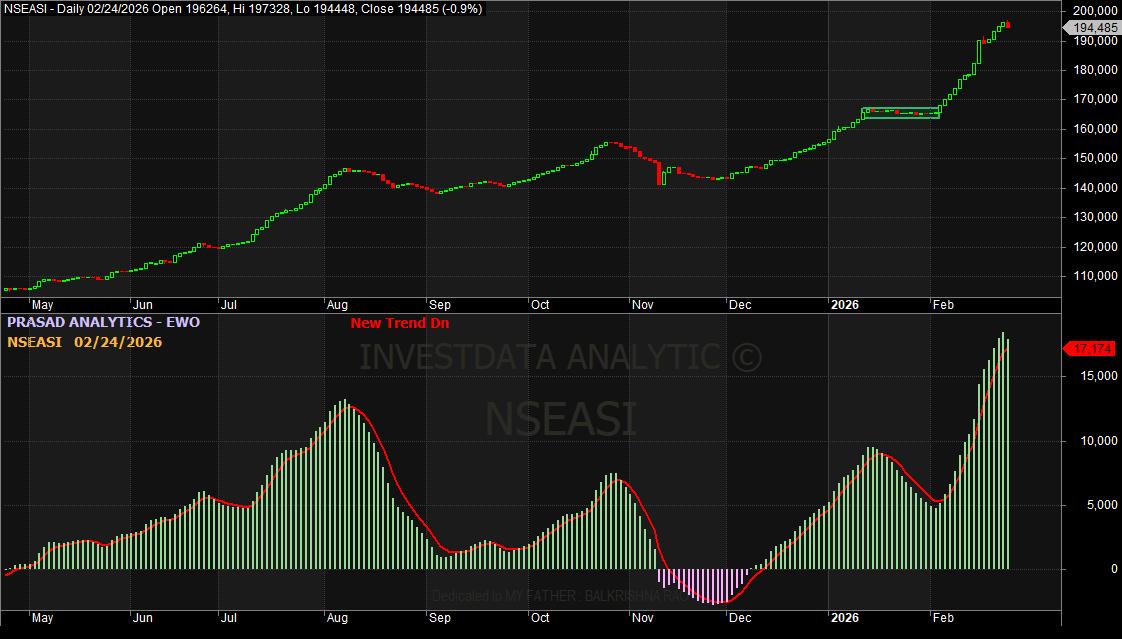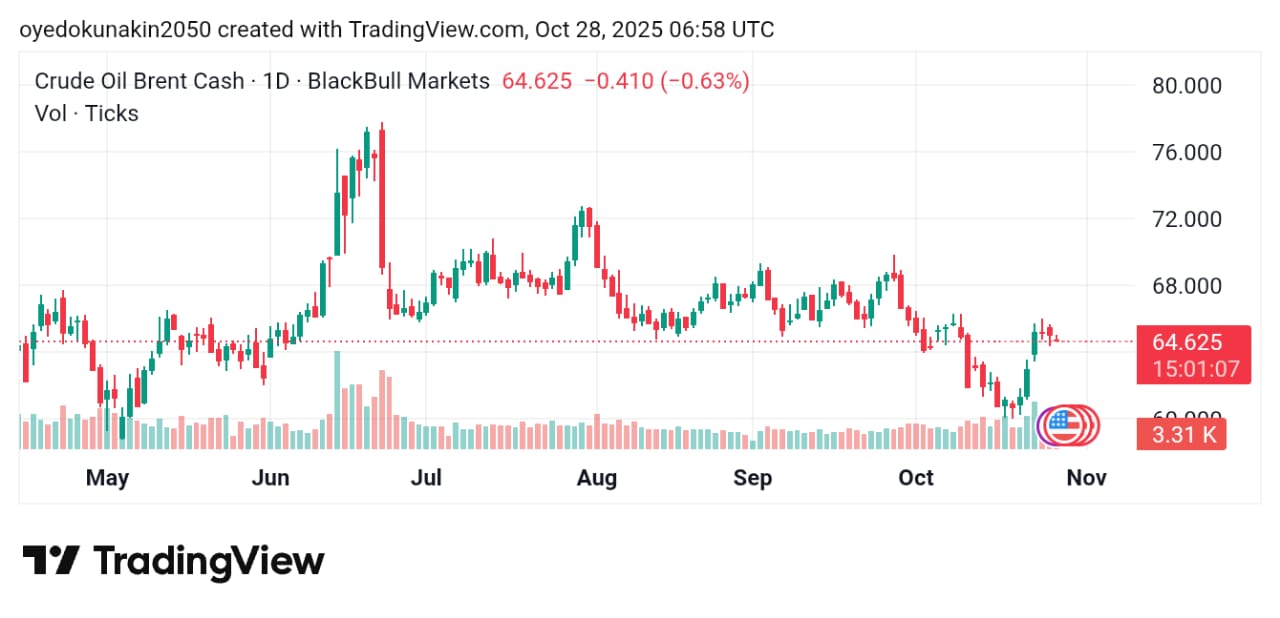
As Nigeria continues its adoption of the Environmental Social Governance Principles, Director-General of the Securities and Exchange Commission, Dr. Emomotimi Agama, recently in Luanda, Angola, challenged regulators and stakeholders to partner effectively if they must attain the various sustainable development goals.
Agama, who spoke at the Regional Training and Capacity Building programme for securities regulatory authorities, noted that issuing clear guidelines, building capacity, and monitoring disclosures will ensure that adopting the ESG principles translates into tangible benefits for the environment, society, and the economy.
ESG principles represent a set of criteria that socially conscious investors and stakeholders rely on in evaluating a company’s operations and impact on society and the environment
According to him, “as Nigeria continues to develop economically, integrating ESG principles not only helps mitigate risks but also enhances long-term resilience and contributes to sustainable development goals.
“Through these efforts, Nigeria not only mitigates risks but also positions itself as a responsible and attractive destination for sustainable investments, contributing significantly to the global sustainable development agenda” he stated.
Agama expressed satisfaction that ESG considerations in Nigeria are gaining traction as businesses and stakeholders recognize the importance of sustainable practice due to significant environmental challenges, including pollution, deforestation, erosion, flood and waste management issues. Companies, he added, are adopting practices such as renewable energy investments, water conservation, and eco-friendly manufacturing processes to mitigate environmental impact.
“On the Social angle, companies are focusing on community engagement, labor rights, and diversity. Companies are encouraged to promote fair labor practices, support local communities through CSR (Corporate Social Responsibility) initiatives, and inclusive workplaces.
“Governance is crucial for transparency and accountability. Nigerian companies are improving board diversity, enhancing corporate governance structures, and adhering to regulatory requirements to build trust with stakeholders” he stated.
The SEC DG said ESG initiatives play a crucial role in promoting sustainable development in Africa for several compelling reasons such as Environmental Conservation, Social Impact, Governance and Transparency, Resilience to Climate Change, and Attracting Responsible Investments and Compliance with International Standards.
He admitted that the current landscape of ESG in Africa is evolving rapidly, driven by various factors including regulatory developments, investor demand, and local initiatives and disclosed that challenges to widespread ESG adoption in Africa include: Limited awareness, Capacity constraints and Varying regulatory environments across countries
These challenges, he noted however, present opportunities for capacity building, knowledge sharing and collaboration among stakeholders to drive sustainable development.”
The commission, he added, issued rules and guidelines that listed companies must follow regarding corporate governance practices, including disclosure requirements related to sustainability and ESG factors.
According to him, “the SEC regulates the Nigerian capital market and plays a pivotal role in setting guidelines for sustainability disclosures. In 2021, SEC approved the Guidelines on Sustainability Financial Principles for the Nigerian Capital Market. The objectives of the guidelines include to stimulate a resilient, competitive and sustainable capital market, and to improve corporate governance practices.
“The guideline requires public interest/ listed entities to integrate ESG considerations into their operations and decision-making processes to avoid, minimize or offset negative impacts.
“The Guidelines set out five Principles for entities in the capital market: Environmental, Social, and Governance (ESG) Considerations, Collaborative Partnership and Capacity Building, Financing of priority sectors of the economy, Human rights, women’s economic empowerment, job creation, and financial inclusion and Reporting and Disclosures” he said.











